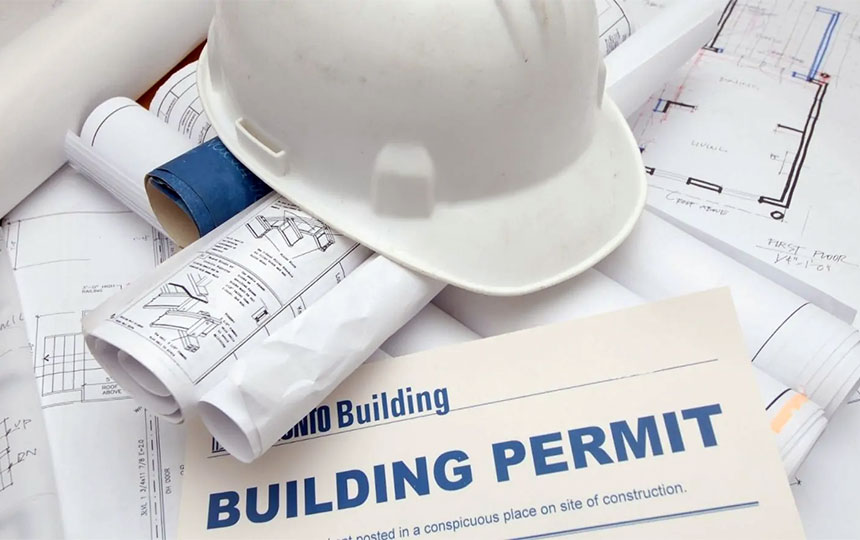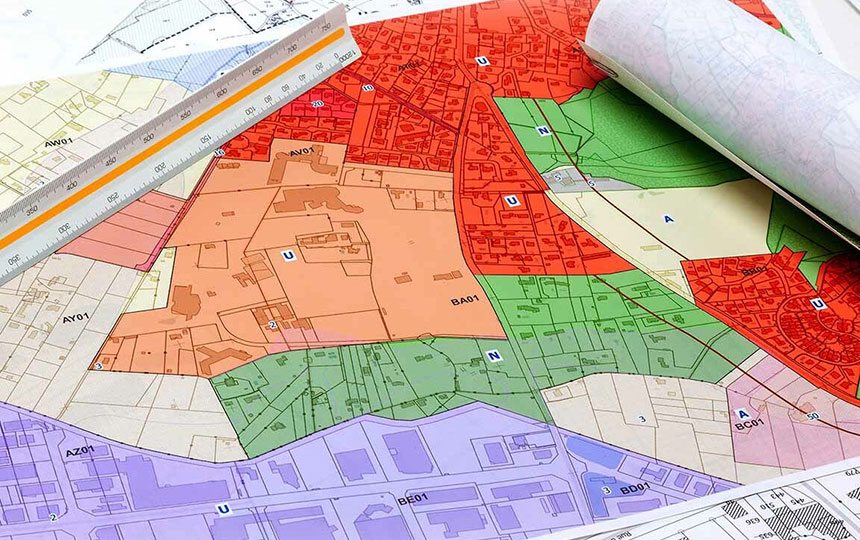In this article we will explore the Topic “Navigating Lab Space Zoning and Permits in New Jersey”
New Jersey is home to a biotechnology and pharmaceutical industry and its zoning laws and permits governing the creation of laboratories are numerous and precise.
These regulations oversee lab facilities to promote scientific advancement and research . They also maintain proper safety measures and environmental and community compliance.
This guide provides an overview analysis of how to clearly understand New Jersey lab space zoning. It permits biotech, pharmaceutical, or chemical research-oriented companies to benefit.
Deciphering Zoning Laws for Laboratory Spaces
Regulations governing the industry have established areas where laboratories can be set up in New Jersey.
These laws are set on the municipal level and can greatly differ. Labs are typically allowed only in the areas for commercial or industrial purposes to reduce the effect on the population.
To ensure that businesses and developers follow the set rules and regulations, they should regularly be in touch with the local zoning officers and planning boards.
Specific standards are required for this sector of the commercial real estate industry. For example, permissible uses within different zonal designations, are essential when selecting the location and planning of the facility. The distances between buildings and height restrictions may apply.
Importance of Strategic Planning
Zoning laws are complex, so any movement involves an elaborate strategic planning process.
This entails an assessment of the township requirements within the proposed lab location and complying with the requirements of the local zoning regulations on any proposed location. It is also important to review that the overall business objectives to be accomplished by the lab in the long run are permitted. Zoning must allow for all current and future operations performed in the space.
For example, if a company expects growth in its operations in the future, it is advantageous to acquire a location that allows for varying zoning regulations such as manufacturing if that may be a consideration later.
Comprehensive planning also involves preparing for situations where variances or changes to the zoning ordinances may be needed. This is often a long, tedious process involving several documentation and public participation.
Obtaining Necessary Permits
Securing the appropriate permits is a multifaceted process. It often involves multiple government agencies. The primary types of permits required for lab spaces in New Jersey include
1) Building permits
This helps to identify whether the construction of the lab follows all legal requirements within the construction of the building. Another consideration includes safety standards and whether they are appropriate for the scientific activities that will be conducted within the lab.
2) Environmental permits
It is essential for labs that come in contact with dangerous products or produce waste, as activities within the lab should not pollute the immediate environment. These permits entail specific plans for waste disposal, emission reduction, and how to prevent spills.
3) Special use permits
They are required when the operation of a lab contains specific substances or activities deemed legally restricted for zoning.
These permits often necessitate showing the zoning boards how the lab shall safely integrate these materials or processes into its functionality.

Environmental Compliance
New Jersey has strict environmental regulations due to its heavy industrial development. It takes actions to address environmental issues.
Labs have to meet certain requirements for their operation. This also entails using modern methods to control the release of hazardous chemicals, including containment and mitigation methods.
Community Engagement and Impact
The public tends to have a negative point of view towards laboratories because of the various risks in conducting the experiments, such as odors, noise and safety issues.
Sometimes, communities need to be involved early on before zoning and permit requirements are met.
Business representatives investing in the lab should be ready to actively manage public relations and share information about the positive impacts on the community and local economy. These may include job creation and advanced medical procedures that benefit the public.
Having such informational meetings where people can ask questions and have their concerns addressed also assists in developing trust. This in turn, may lead to the easier approval of permits.
Handling Appeals and Denials
It is useful to know the appeals process, as initial permits may be denied or granted but with conditions.
New Jersey has a more rigid system that allows businesses to appeal such decisions through a structured appeal process. Appeal strategy may call for doing more information searches, presenting opinions of experts, or revising introduction plans due to denial.
If any concerns arise it is best to get expert advice to guide companies through the process to adhere to necessary regulations. This assists the business to advance their goals while meeting the township requirements.
Keeping Up with Regulatory Changes
Like most states, New Jersey has a constantly evolving set of regulations governing lab spaces. This may affect several aspects of compliance and functioning. It is important to be aware of these changes.
It is possible to stay updated on compliance requirements by signing up for newsletters from the regulatory authorities, attending business tradeshows, and being members of a professional body for the biotechnology and pharmaceutical industries.
This approach helps in compliance with regulations, and it also offers opportunities for new regulatory changes to be used for business.
Long-Term Compliance and Sustainability
Having periodic assessments of the laboratory’s activities can ensure continued compliance with zoning and environmental laws. These periodic assessments should continue throughout the duration of the occupancy. This will assist in long term compliance being maintained
Sustainability measures like waste minimization and energy conservation enhance the lab’s reputation.
These practices assist in getting and keeping permits and improve laboratory functionality besides presenting the lab in a good light.
Conclusion
New Jersey’s zoning and permitting system presents several challenges, including legal requirements, community involvement, and environmental and safety concerns.
Understanding and adhering to these regulations means that companies can design laboratories that effectively promote growth while positively impacting society and the environment.
This comprehensive approach proves that New Jersey stays ahead in the scientific and technological aspects of the Biotech & Pharmaceutical sectors.
*This blog is for informational purposes only and not to be perceived as professional advice. Real estate trends change over time. It is best to consult a local real estate expert for up-to-date information.
Please call for more information about current available lab space for your life science company in New Jersey.
—
Jeanne Sabo-Rothenberg, CCIM
Vice President
NAI DiLeo Bram & Co.
Cell: (908) 377-9004
https://www.commercialrebroker.com/
jrothenberg@naidb.com

